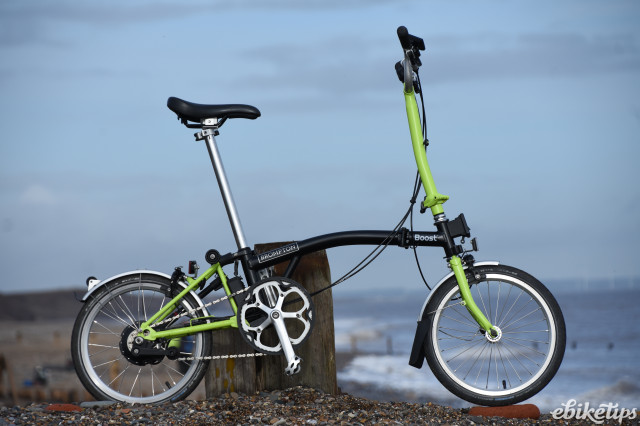The government has committed another £450m to expand the UK electric vehicle (EV) charging network with around 300,000 public chargers expected to be available by 2030 – about five times the number of fuel pumps currently on the roads.
The Department for Transport has previously established a £950m Rapid Charging Fund to ensure drivers have a choice of charging provider at service stations.
However, Britain’s competition regulator, the Competition and Markets Authority (CMA), said last year that the UK would need 10 times as many EV charging points before the 2030 ban on petrol and diesel cars and flagged on-street charging as being a particular issue.
The Society of Motor Manufacturers and Traders (SMMT) says that the number of publicly available chargers is quite simply not keeping pace with the number of EVs on British roads at present.
In response to these issues, the government has now announced a £450m Local Electric Vehicle Infrastructure (LEVI) fund, which will boost projects such as EV hubs and on-street charging.
The funding will help address what the CMA has characterised as a ‘postcode lottery’ where the number of public charge points per head in Yorkshire and the Humber is a quarter of that in London.
Transport Secretary Grant Shapps said: “No matter where you live – be that a city centre or rural village, the north, south, east or west of the country – we’re powering up the switch to electric and ensuring no one gets left behind in the process.
“The scale of the climate challenge ahead of us all is well known and decarbonising transport is at the very heart of our agenda.
“That’s why we’re ensuring the country is EV-fit for future generations by the end of this decade, revolutionising our charging network and putting the consumer first.”
Prime Minister Boris Johnson added: “Clean transport isn’t just better for the environment, but is another way we can drive down our dependence on external energy supplies. It will also create new high-skilled jobs for our automotive and energy sectors and ultimately secure more sustainable and affordable motoring for all.”
The DfT is also promising “rigorous new standards and legislation” to improve drivers’ experience of using public chargepoints.
Referencing this, the president of the AA, Edmund King, told the Guardian: “Whilst great progress has been made, there is still much to do to convince drivers on the number, and importantly reliability, of charge posts.”
Last September, Shell announced plans to install 50,000 on-street EV charging posts by the end of 2025, following its acquisition of Ubitricity.
The UK’s most-used charging network company, bp pulse, has now announced its own plans to spend £1bn on developing charging infrastructure in the UK.





